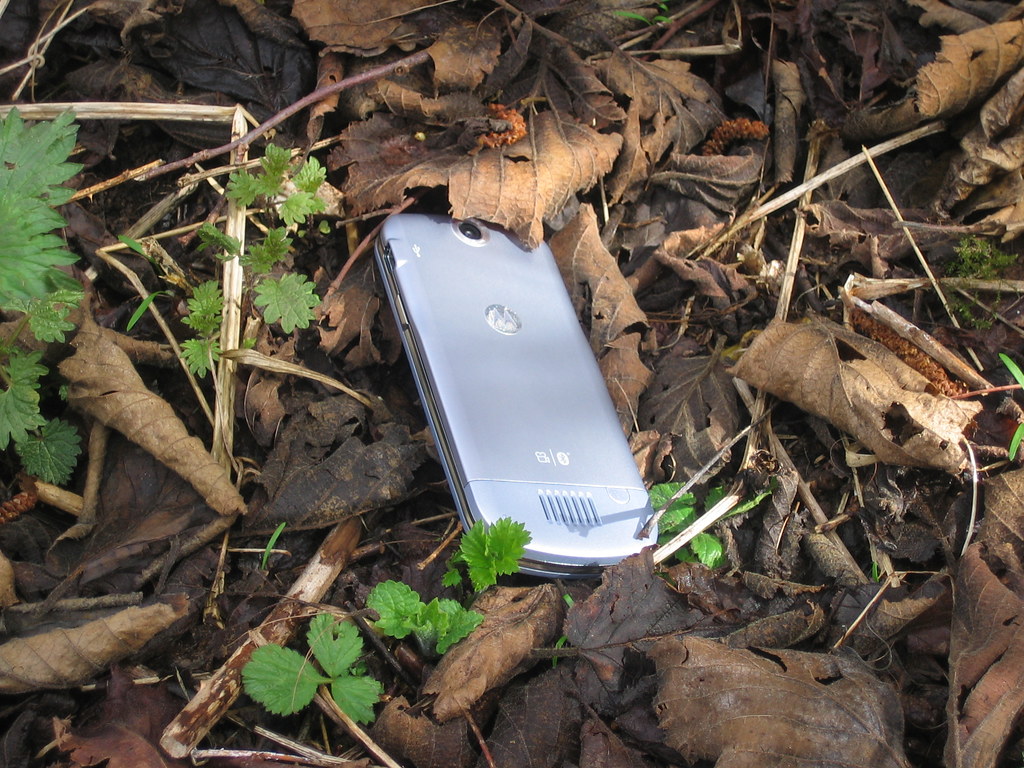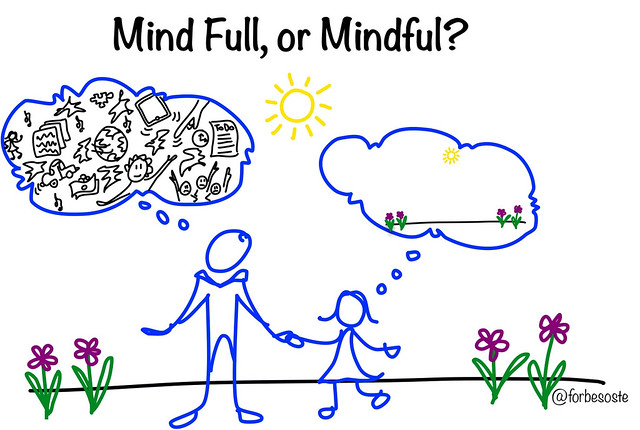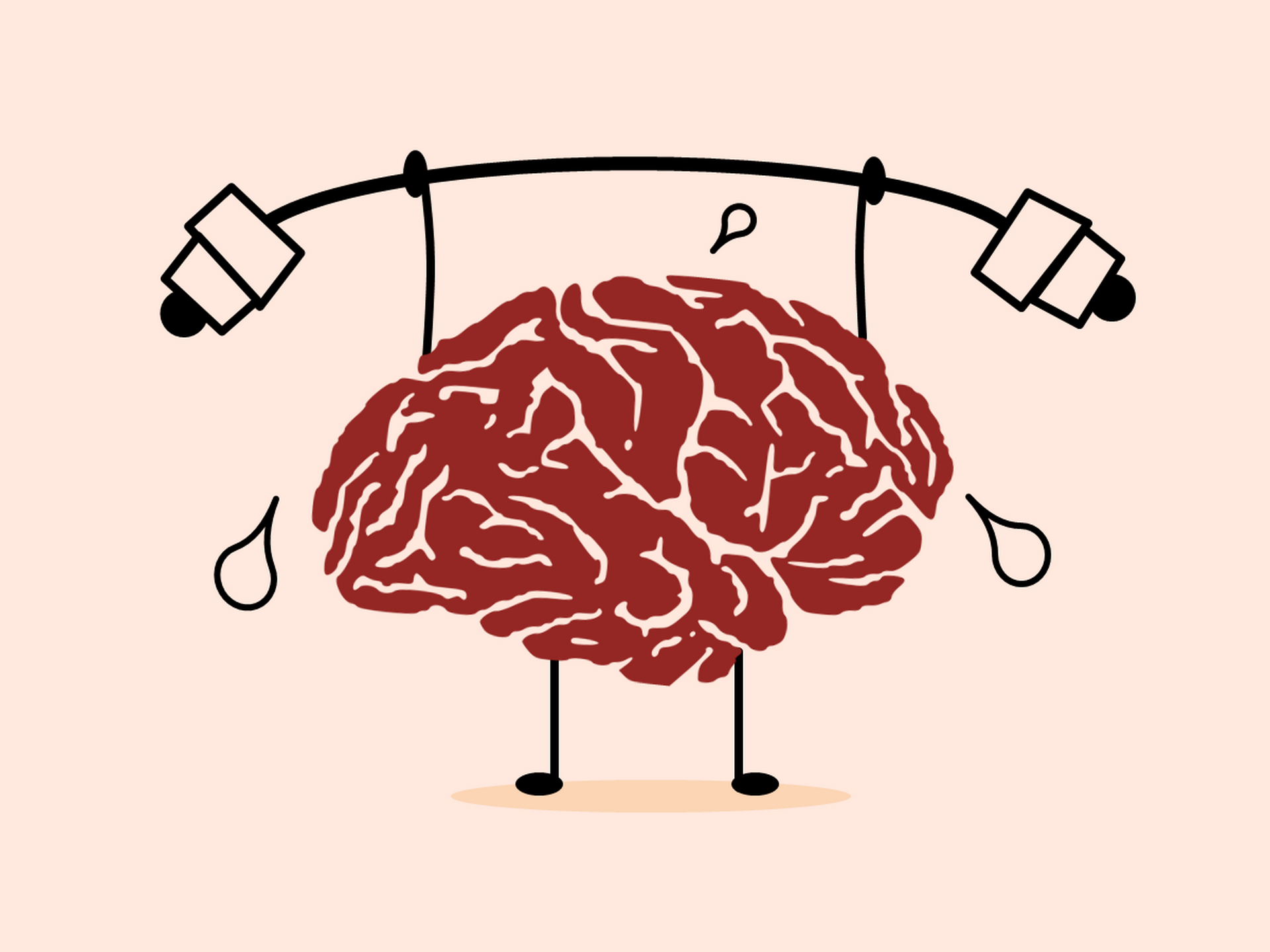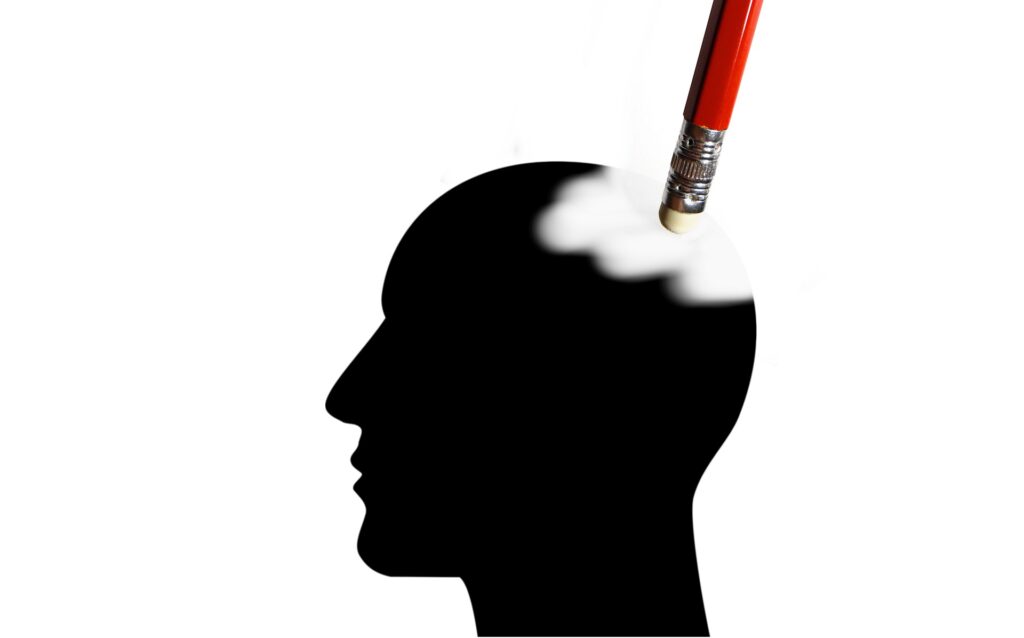
Most people have experienced this situation. You know, your phone is right in front of you, and in the blink of an eye, it’s gone. The next moment, you start searching for it all over the house. You run into someone you know but can’t remember their name. Maybe you went to the market to buy a few things and forgot to bring them home. Later, you find yourself walking down the hallway and can’t remember why you’re there. Moments like these are indeed very common.
The good news is that this forgetfulness is usually normal. It doesn’t mean that dementia is on its way. It’s just part of being human in our busy modern lives. There are specific steps you can take to improve your memory. Some simple tips and lifestyle changes can also help. These can help boost your overall memory.
What happens in our brains when we forget things? Understanding how memory works can help explain why. Lisa Genova, a scientist, explains this well. Our senses receive a vast amount of information every day—visual, auditory, olfactory, tactile, language, and movement. During the 16 hours we’re awake, we experience countless moments of observing the world.

The brain must process this input information and convert it into a form that the brain can understand. This data is not stored in a fixed location. It is sent to different areas of the brain. The brain weaves these fragments into a single pattern of activity. This pattern connects sight, sound, and sensation. This is what we later perceive as memory.
Genova goes on to talk about how we retrieve memories. You have already established memory circuits. When you want to remember something, you simply reactivate it. Remembering is reactivating this circuit. It’s like following a path on a complex map of your brain. This path was established when the memory was first formed.
Why can’t we always find this circuit? Experts have given many reasons. Our lives are now very fast-paced, and our environment is constantly changing.We try to handle multiple tasks at once. We believe we are not good at multitasking. This distraction affects memory.
Lifestyle also affects the brain. Lack of sleep or exercise can impair memory retrieval. The good news is that there are many steps you can take. Reduce your anxiety about where your keys are and the frustration of being forgetful.

How can memory be improved? Genova’s research offers useful advice. Use objects around you as cues. For example, if you want to read in your bedroom but your glasses are downstairs, you will realize this. When you go to the kitchen and see the refrigerator and kettle, you will suddenly remember why you came there.
Genova’s explanation of working memory is spot-on. Working memory can only hold information for a short time, about ten to fifteen seconds. In the bedroom, cues like books and the time trigger the memory that you need your glasses. In the kitchen, the cues are new, and your brain follows new paths, like thinking about eating or drinking. These cues don’t trigger the memory that you need your glasses.
Genova offers a simple solution to this problem. If you can’t remember why you returned to the room, try to vividly imagine the scene in your mind and then look around for clues. This will help you recall what you were looking for. The environment and context aid in memory retrieval.

Working memory is like ink on a sticky note—it fades away. Genoa explains this well. Information disappears quickly, and that’s intentional. The brain only retains meaningful information, or information that is surprising, emotionally charged, or new. This is actually a good thing. You don’t need to remember the details of every cup of coffee or every time you do laundry.
You remember the message your daughter sent about her engagement. Genoa emphasizes that this is important. Why do you remember it so clearly? Because it triggered meaningful, emotionally charged, or surprising elements. These elements provide the necessary “fuel” for the information to be remembered more easily. Information stays in the brain longer than it does in working memory. The brain’s natural filtering system requires this.
What makes memories more lasting? Attention is the primary and most important factor. We think we’ve forgotten something, but in reality, it never formed a memory. Even if the brain observes you doing something, without the key element of attention, a memory cannot form.

Please note that you should focus your attention at the moment of action. Genoa suggests that this will help you. Say it out loud and put your glasses on the counter. This simple action can help your brain a lot. Also, use the auditory part of your brain. This helps your brain form memories in a better place. Staying for a few seconds will help you remember later.
Writing is a powerful memory tool. Genoa agrees with this. People remember things better when they write them down. There are good reasons why this method is so effective. Memory is like an anchor in the brain. Hearing words creates meaningful neural pathways in the brain. Writing words activates different areas of the brain.
Writing creates more anchors. It builds more connections in the brain’s network. More anchors mean more pathways to retrieve memories. It’s like having multiple routes to the same destination.
Genoa points out another key reason: remembering future tasks is not easy. The brain is not designed to reliably remember future tasks. This type of memory is prone to errors and forgetting.

Some people think that using lists or checklists is cheating. They believe that the brain should remember future tasks on its own. However, Genoa does not consider this cheating, but rather a good habit. She recommends outsourcing work and writing it down. Don’t expect your brain to remember everything. Memory requires the right cues and context. You are likely to forget anyway.
Research shows that handwritten notes are more effective.College students remember more information from class. Handwritten notes are better than typing on a laptop. Research shows that the brain processes information differently. The act of writing by hand allows information to be processed more deeply by the brain. It is no longer just passive typing.
Interacting with information helps to reinforce memory. This phenomenon is known as the “apprentice effect.” Learning is more effective when you know you have to teach someone else. Teaching something makes it stick better in your brain.When learning new skills, try to explain them. Telling colleagues can also reinforce memory.
Visual associations can also enhance memory. If you need to remember a 2 PM coffee meeting and can’t write it down, try to visualize it in your mind. Imagine the client drinking coffee while sitting at the 2 o’clock position on a clock. Such absurd images can make memories more durable. Use your senses to create unusual associations, such as linking names with distinctive features, like George wearing glasses.

Experts often recommend the chunking memory technique. Break down large amounts of information into smaller parts. This makes it easier to remember numbers like 56-87-422. Memorizing the long sequence 5687422 on its own is challenging. Organize your shopping list by shelf categories. For example, dairy products, milk, eggs, then bread rolls. Chunking reduces mental load and organizes information.
These methods aid in encoding information. They create more pathways for retrieving information and reduce reliance on unreliable memory types, such as foreground memory. These methods are practical and actionable steps. They are based on how the brain processes information. They provide more tools to feel more in control of your memory. Understand why these methods work and use them more frequently.

Your daily routine has a profound impact on your complex brain networks. Your overall health also affects these networks, which are responsible for memory formation and retrieval. Experts have identified areas that require special attention. Investing effort in these areas can yield significant brain benefits.
Experts note that exercise itself stimulates cognitive function. Dr. Schreiber explains that this reflects overall brain activity. He notes that exercise builds neural connections in the brain, and any form of exercise is beneficial. This makes the health benefits easily achievable.
Prioritizing sleep is critical for memory.Research shows that lack of sleep can weaken memory function over time. Dr. Scherer explains that the brain cleanses itself during rest. He briefly notes that sleep removes toxins and proteins. Deep sleep plays the biggest role in this process. Lack of sleep can quickly lead to a decline in thinking ability, while lack of deep sleep can hinder the removal of toxins. Quality sleep keeps you mentally sharp every day, which helps with memory formation and recall.
Stress has a negative impact on memory.High stress significantly increases cortisol levels. Research has found that this damages the hippocampus, a region critical for memory. It also affects other key brain areas. During moments of forgetfulness caused by stress, simple suggestions can be helpful: pause when searching for lost items, sit down, and take a minute to breathe deeply. When the brain calms down, focus improves significantly, and focus is always the golden key to memory.

It is often said that diet directly affects brain function. Dr. Shale points out that food affects memory performance. The brain needs oxygen, nutrients, and vitamins to function properly, and a lack of these substances can lead to a decline in cell function. The Mediterranean diet has significant benefits for brain function.
It is important to understand natural changes in memory. The brain changes over time, just like other parts of the body. This can affect memory formation or recall in some way.Karen Miller notes that learning speed is faster before age 35, remains stable until age 65, and then experiences a mild, gradual decline afterward. The ability to recall information also decreases slightly. This change is gradual, and experience and knowledge can compensate for these changes. Dr. Gonzalez states that forgetting the names of familiar people is common and simply a normal part of aging.

Mild memory changes, such as occasionally misplacing items, are a normal part of aging. However, a noticeable decline in memory may warrant attention. This could indicate more serious underlying issues, such as dementia. Typically, family members or friends are the first to notice a gradual decline in memory.The key distinction lies in the severity and frequency of the issue. Dr. Gonzalez clearly defines the threshold for concern: occasional forgetfulness is normal, but if forgetting items occurs frequently every day and the number significantly increases, an assessment may be necessary, as this could indicate that factors are interfering with the proper storage of information. At this point, an assessment is essential.
Forgetting is a normal part of life, especially as we age. Actively supporting brain health can be beneficial, and smart lifestyle choices can provide a powerful boost. By focusing on exercise, sleep, stress management, diet, and attention, you can easily maintain cognitive vitality and strengthen your memory. These factors can lay a stronger foundation for memory.
Related posts:
How to Remember Things: 12 Memory Recall Tips
26 Quotes About Letting Go and Moving On
Memory loss: Misplacing keys isn’t necessarily a sign of dementia




